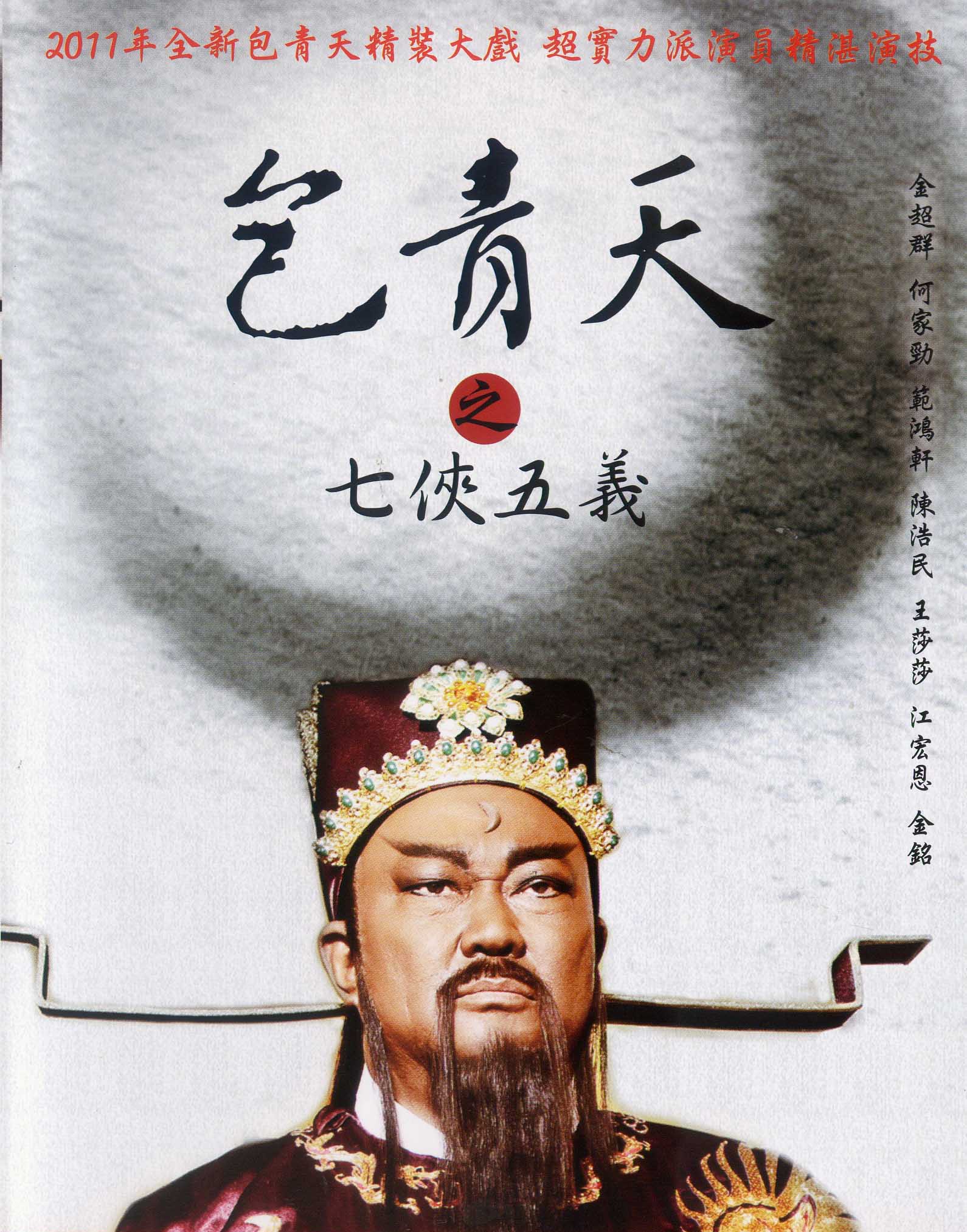by Patrick Huang
語言:
English
Photo Credit: Justice Bao
THE TELEVISION series Bao Qingtian (包青天), or Justice Bao (1993) is of Taiwanese origin. It was well-received not simply in East Asia, but Southeast Asia as well. Namely, transnational cinema is literally predominant over Thai cinematic sphere. First entering Thailand in 1995, the series has been continuously shown until now. Noticeably Justice Bao earns a 4.8 in television ratings in the period of 30th November 2015 to 6th December 2015.
It also becomes a most popular series discussed in online forums here in Thailand. Created are generating various like-minded online communities where Thai netizens talk through the series enthusiastically and continuously. It is whether in regards to storylines or the characters .
Justice Bao is set in Song Dynasty and the main protagonist is Bao Zheng (包拯) or Bao Gong (包公). He is lionized for intellectual ability and honesty, inclusive of his heroic actions against corruption. In each serial, Bao and his helpers — bodyguard Zhanzhao (展昭), secretary Gongsun Ce (公孫策), second-in-commands Wang Zhao (王朝), Ma Han (馬漢), Zhang Long (張龍) and Zhao Hu (趙虎)—venture through thorny situations to deliver verdicts of justice. Sometimes in the story, the culprit is the emperor’s relatives, high-ranking officers, or Bao’s own relatives and, to uphold righteousness, Bao has to ignore their social status. It is this attribute that audiences appreciate. However, we can also point to how the representations in this series are discordant with social reality in the era of globalization and in context of Thailand.
Presented in the series is the assumption that power is exploited by one social group—for instance, aristocrats. But although Bao points out social corruption, he never questions the fundamental basis of the class system. Several scenes demonstrate Bao prostrating himself before the Emperor, who is represented as the token of ultimate power to which every single resident of the country needs to surrender.
 Photo credit: Justice Bao
Photo credit: Justice Bao
The philosophy of the series is steeped in reactionary thought, and the dialogue is shaped accordingly. For example, Bao utters: “You can have control over humans, but never over heaven.” (人可欺 天不可欺, 人可侮 天不可侮). This presumes supernatural things can manipulate humans. The idea underpinning religious ideology is that of the class system. It implies the notion that any regime is created for controlling the people, not that government of the people, by the people and for the people. Bao’s actions against corruption bespeak—albeit indirectly—the government as upholding justice, even in cases of nepotism, yet preserve this authoritarian belief in social control.
That the Thai government manages to bring the series to Thai screens again and again is revealing. The central ideals of Justice Bao are what the present military regime would like to instill within Thai citizens. Thailand came to an abrupt political transition in late May 2014, with a military coup staged within the country. The coup leader, now current prime minister Prayuth, has accelerated an anti-corruption campaign aimed at maintaining popular appeal and establishing an image of the government as uncorrupt and morally upright. The screening of the series Justice Bao is ideologically sound, since not only does the character Bao help the government in a favorable light, as upholding justice and rooting out corruption, but the series propagates the continuation of the class system nonetheless..
The aforementioned cultural values presented by Justice Bao are truly not in tune with faith in any democratic sphere. They are strengthening the vision that the military government is always rightfully and justly in control of Thailand.


 Photo credit: Justice Bao
Photo credit: Justice Bao